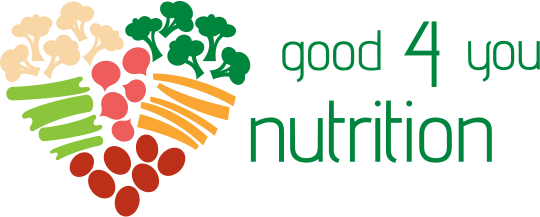Is your STRESS – Healthy or Unhealthy??
Posted on June 28th, 2016
We all need a certain amount of stress in our everyday lives to keep us motivated, driven and excited. This type of stress is healthy and helps keep us focused. Each and every person handles and interprets stress differently. It is how our body handles and copes with the stressors, whether it be physical, mental, social or emotional that is important.
When the body is negatively affected by stress, cortisol and adrenaline are the main stress hormones that do not return to normal causing a range of symptoms including: fatigue, headaches, irritability, appetite and gastrointestinal changes, low self-esteem, sleep changes and high blood pressure.
When you are unable to continually adapt to continual stress, adrenal dysfunction/exhaustion sets in. Quite often people who experience this will crave sugar or white carbohydrates and feel flat, exhausted and tired upon rising and during the day but experience a second wind or increased energy and alertness late at night when they should be going to sleep.
There are many ways to treat stress/adrenal dysfunction through diet, herbs, nutrients and lifestyle modifications. Diet is a large factor in the management of stress and these tips can often be useful.
- Eat quality protein with every meal – (e.g. lean meat, fresh fish, eggs, legumes, pulses, raw nuts and seeds). When you feel stressed the body often craves carbohydrates for energy especially sugars, while at the same time the body is breaking down more protein from your muscle tissue to sustain energy.
- Eat lots of fresh fruits and vegetables – (particularly leafy greens) to incorporate a variety of essential nutrients into your diet to support a healthy immune system while eradicating free radicals.
- Eat wholegrains – (e.g. millet, buckwheat, quinoa, amaranth, oats and brown rice). These foods stabilise blood sugar levels and contain many essential nutrients including B vitamins that can help with mood and may reduce sugar cravings.
- Eat regular planned meals – skipping meals deprives the body of essential nutrients required to cope with stressors.
- Eat in a relaxed environment and chew thoroughly – when stressed digestion is often affected as the body cannot produce enough enzymes to breakdown food properly, therefore nutrients fail to be absorbed effectively.
- Incorporate onion and garlic – these both display anti-microbial properties and boost the immune system.
- Avoid alcohol, caffeine and tobacco – these are toxic for your adrenal glands and affect glucose regulation.
